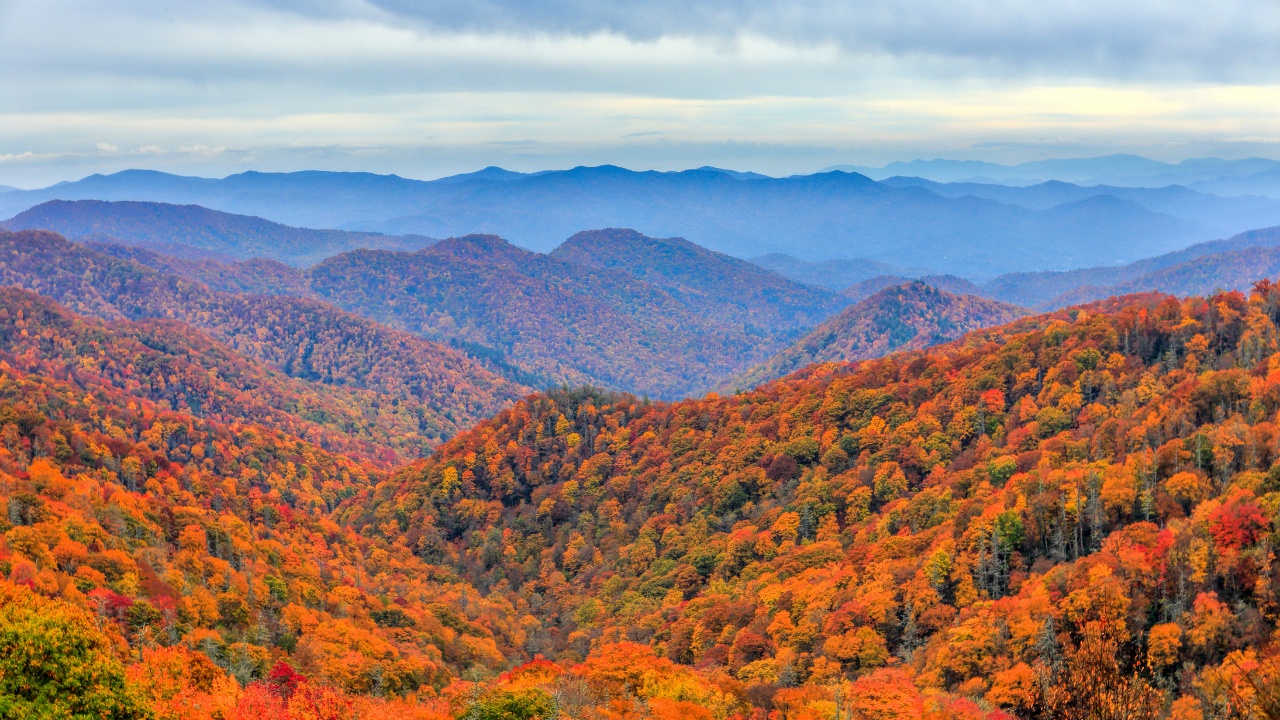Cannabis Business Licensing in North Carolina

On August 5, 2021, a local ordinance was approved by The Eastern Band of Cherokee Indians Tribal Council, legalizing medical cannabis within the Qualla Boundary of North Carolina. The new law will allow qualifying patients to purchase up to one ounce per day, with a maximum purchase limit of six ounces per month.
And while progress was made with local tribes, SB711 is still winding its way through committees. The Senate Finance Committee approved the cannabis medical use bill in April 2021, and it narrowly advanced on August 26 despite opposition. Next, it will go before the Senate Health Care and Rules and Operations Committees before potentially heading to the House of Representatives.
Type of Program
- Medical (Pending)
- Adult-Use (Pending)
Regulatory Agency
- TBD
Market Population
- 10,439,388 million residents as of April 1, 2020, Census data. (Source)
Annual Tourism
- Domestic travelers spent $19.7 billion in 2020. Domestic spending was down 29% from $27.9 billion in 2019. International travelers spent $268 million in 2020, down 79.4% from 2019. Visitors to North Carolina generated nearly $3.0 billion in federal, state, and local taxes in 2020. (Source)
Projected Sales
- TBD
History of the Market
2014
- In 2014, the Legislature passed, and the governor signed the North Carolina Epilepsy Alternative Treatment Act into law, enacting a CBD-focused law for patients with intractable seizure disorders. However, this act failed to provide an in-state source for cannabis extracts.
2015
- Hemp production was legalized but only as part of the state's pilot program as allowed under federal law. The General Assembly passed S.B. 313 in 2015, allowing the Industrial Hemp Commission to develop the rules and licensing structure necessary to stay within federal laws.
2020
- On June 4, 2020, the General Assembly passed SB 315, referred to as the State Farm Bill, which was subsequently signed into law by the governor.
- On December 14, 2020, the North Carolina Task Force for Racial Equity in Criminal Justice published a report, which recognized that cannabis policy reform is essential to racial justice.
2021
- In March, legislators introduced a bill, HB 290, that would reclassify cannabis possession penalties as infractions, making them punishable only by a fine of up to $100. (Source)
- On April 6, Sen. Jay Chaudhuri introduced SB 646, a bill legalizing, regulating, and tax cannabis for adults 21 and older.
- On April 7, 2021, SB 646 was entered into the General Assembly.
- On April 8, 2021, SB 711 was introduced, and on July 22, 2021, it was approved by the Senate Finance Committee.
- On August 5, a local ordinance was approved by The Eastern Band of Cherokee Indians Tribal Council, legalizing medical cannabis within the Qualla Boundary.
- As of August 16, 2021, North Carolina farmers interested in growing hemp in 2022 will begin getting their licenses from the U.S. Department of Agriculture (USDA) as North Carolina wraps up its pilot program in conjunction with federal rules going into effect this year.
- On April 8, 2021, SB 711 was introduced, and on July 22, 2021, it was approved by the Senate Finance Committee.
- On August 5, a local ordinance was approved by The Eastern Band of Cherokee Indians Tribal Council, legalizing medical cannabis within the Qualla Boundary.
- As of August 16, 2021, North Carolina farmers interested in growing hemp in 2022 will begin getting their licenses from the U.S. Department of Agriculture (USDA) as North Carolina wraps up its pilot program in conjunction with federal rules going into effect this year.
SB 646 Summary
- Sets out a series of definitions related to cannabis.
- Establishes the Office of Social Equity and several funds within the Department of Public Safety, including the Social Equity Fund and the Cannabis Education and Technical Assistance Fund.
- Establishes duties of the Office of Social Equity.
Licensing
- There are no licenses available at this time.
Social Equity Program
- SB 646 establishes a cannabis social equity program.
First Steps to Take to Prepare For Licensure in This Market
- While legislation is in the process:
- Actively assess the ballot initiatives in North Carolina to legalize adult-use and medical cannabis.
- Identify strategies for entering the first legalized cannabis market in [state].
- Be actively involved in the legislative process
- After legislation has passed:
- Find ideal locations currently zoned for medical cannabis and can potentially be utilized for adult-use manufacturing and sales.
- Form a strong team with both cannabis and outside industry experience.
- If the license application is attached to a specific piece of property. You'll need to:
- Purchase real estate or secure a conditional purchase agreement.
- Secure local support by local governments overseeing the jurisdiction of your proposed property.
- Build a well-qualified diverse ownership and management team.
- Prepare all business planning and articulation documents.
- Hire the necessary vendors:
- Lawyer
- Consultants
- Architects
- Put in place all necessary systems and employees for project management.



